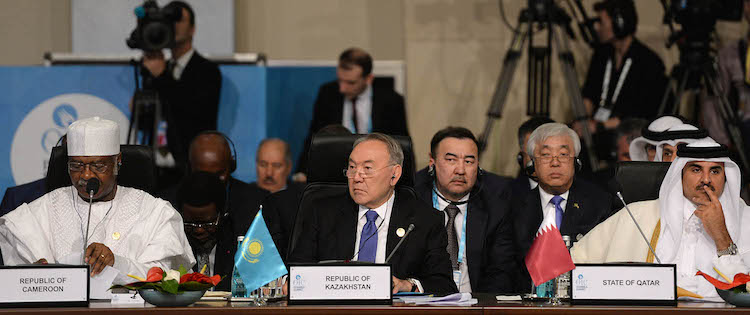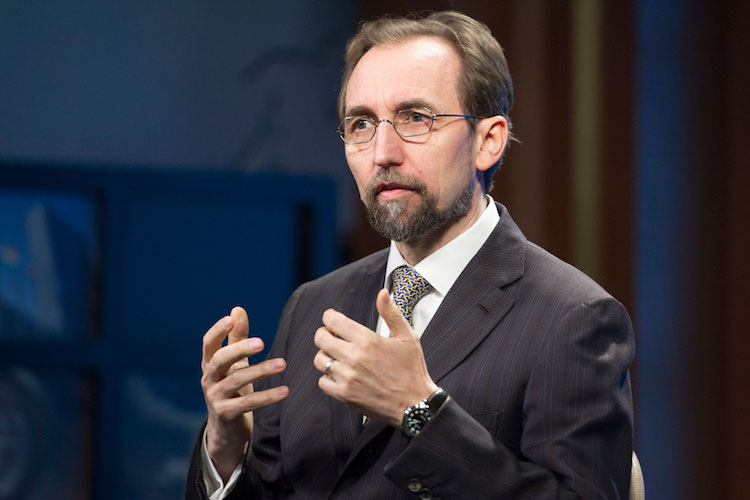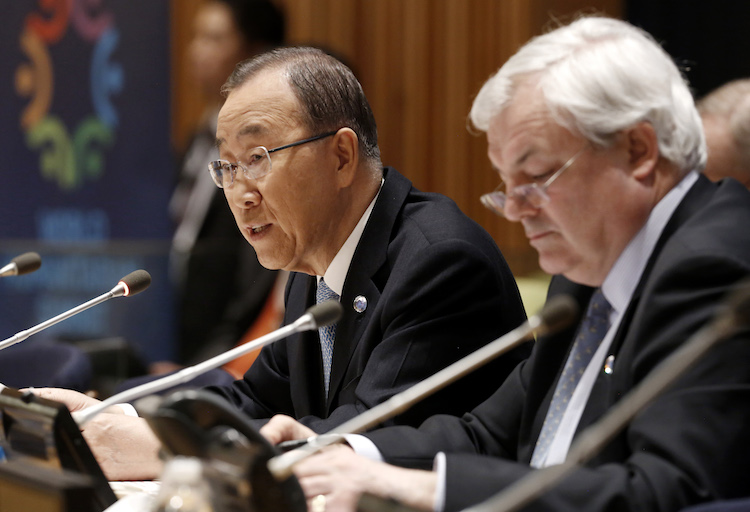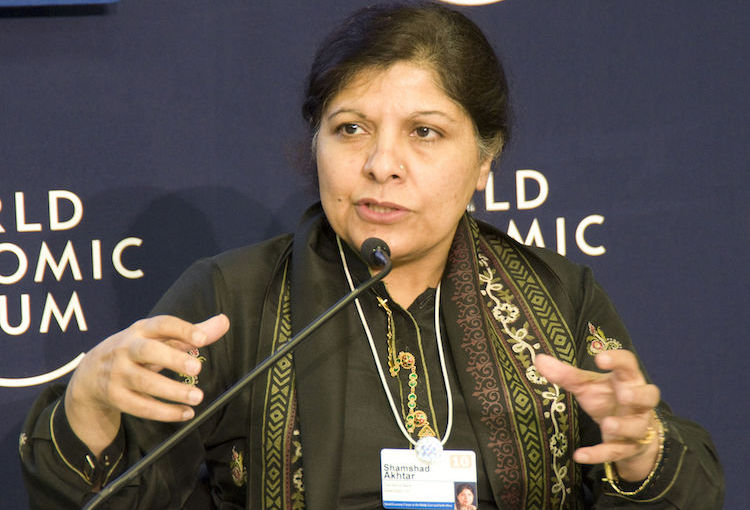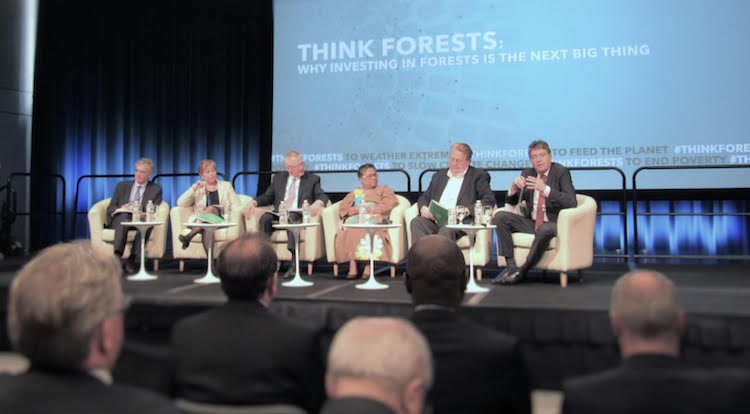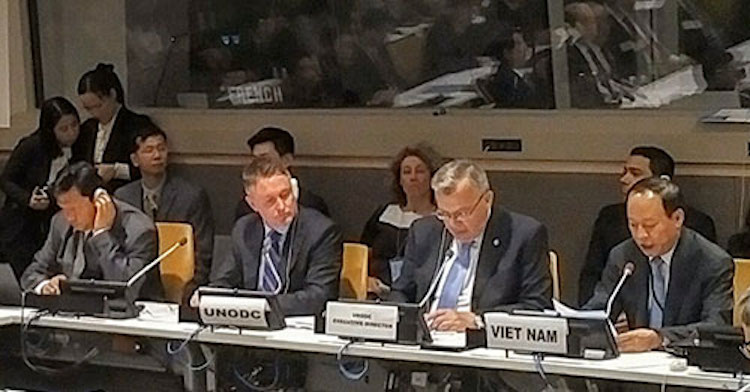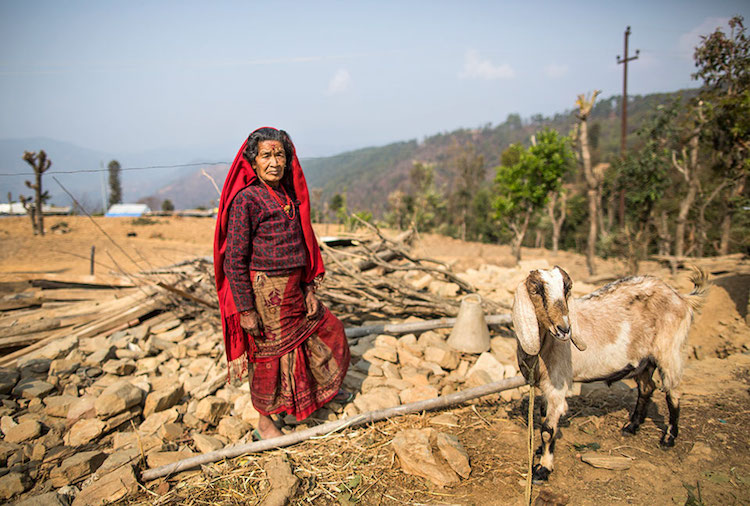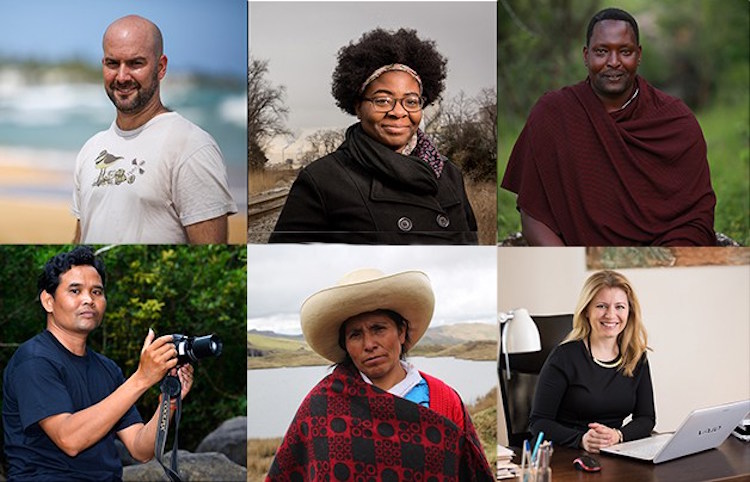Analysis by J Nastranis
NEW YORK (IDN) – As the UN Security Council inches closer to the election of five non-permanent members on June 28, participants of the Istanbul Summit have urged the Organisation of Islamic Cooperation (OIC) countries to support Kazakhstan’s bid for 2017-2018 membership.
Five new non-permanent members are scheduled to be elected for a two-year term, beginning January 2017: one for Africa; one for the Asia-Pacific Group; one for Latin America and the Caribbean; and two for the ‘Western European and Others Group’ (WEOG).
Italy, Sweden and the Netherlands are bidding for two seats due to the amorphous WEOG. Kenya, Ethiopia and Seychelles are vying for a single seat available to Africa. Kazakhstan and Thailand are pitted against each other for one seat allocated for the Asia-Pacific Group.

